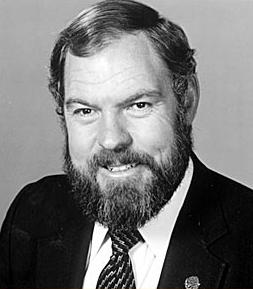A Quote by Merlin Olsen
We need to know where we are going and how we plan to get there. Our dreams and aspirations must be translated into real and tangible goals with priorities and time frames.
Related Quotes
I write a little plan for the day. I write down what time I need to get up to go to the race, just so I'm organised in my mind. That way all I have to focus on during the day is the race, not how I'm going to get there. When you're training it's good to know what you're doing every day. You need to have a plan.
It's Very Important to understand the difference between dreams and goals. Dreams are things we wish for-things you enjoy thinking about but don't really know when they'll happen. Goals, on the other hand, are specific things you have decided you need to accomplish within a clearly defined period of time.
You see, we don't know what our goals are. We learn our goals only in the process of getting there. "I don't know what I'm building but I'm going to enjoy building it and when I get through building it I'll know what it is." In doing psychotherapy you impress this upon patients. You don't know what a baby is going to become. Therefore, you take good care of it until it becomes what it will.
Anyone who has ever accomplished anything of any consequence, didn't know how to get what they want, they only knew that they were going to get it. You don't know how to do something, until after you've done it. Our problem is, we set goals to do what we think we can do or what we've already done. There's no inspiration in that.
How much time have you invested in thinking about strategy? How many options have you considered before the plan was written? How have you ensured that the thinking behind the plan is challenged? How much time do you spend exploring trends, possibilities and cool stuff? How much time is spent playing with ideas, hopes and dreams?
And that is what is behind the abrupt rise in climate change denial among hardcore conservatives: they have come to understand that as soon as they admit that climate change is real, they will lose the central ideological battle of our time—whether we need to plan and manage our societies to reflect our goals and values, or whether that task can be left to the magic of the market.
Every democracy must involve civil society in the process of establishing budgets, and all sectors of society must be consulted to determine what the real priorities of the population are. Lobbies, including military contractors and other representatives of the military-industrial complex, must not be allowed to hijack these priorities to the detriment of the population's real needs.
The people who live the life of their dreams know that it's not about how much money they have, but how much passion, willingness and dedication they have to make their dreams come true. And on top of that they know that no one defines what's true for them except them. And on top of that they know that Plan B is not an option, because it's a distraction from Plan A. And on top of that they just don't give up because that is who the hell they are!





































